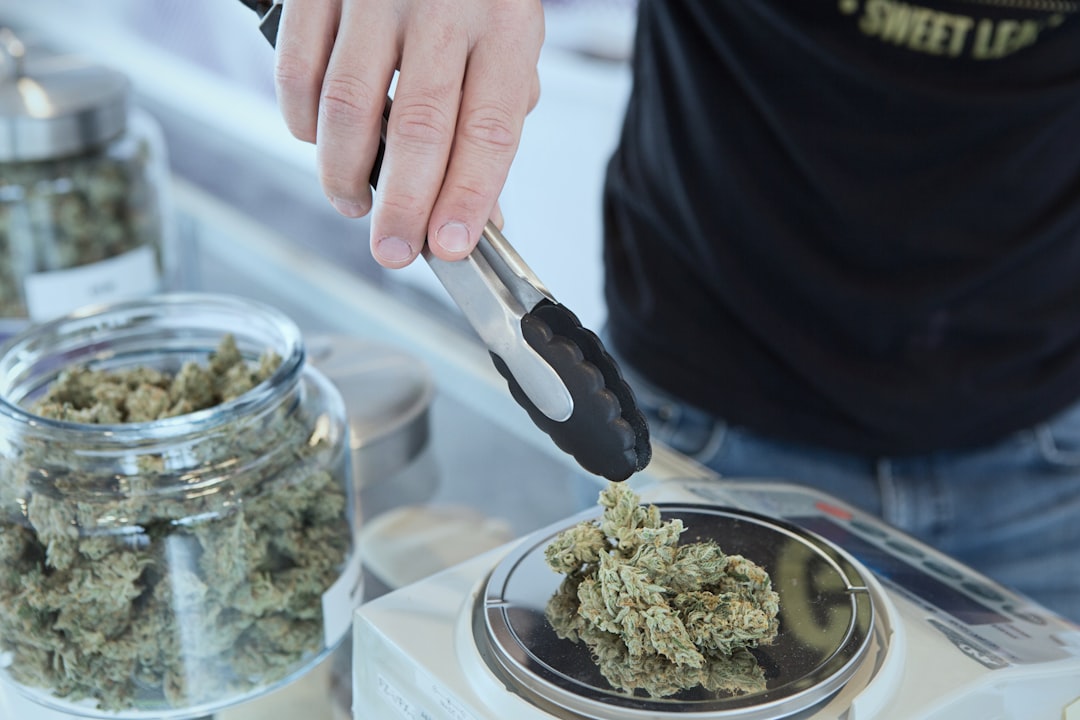The Legalization of Marijuana For Medical Purposes

It's now legal to legally access dried marijuana for medical purposes. The CDSA allows this under special section 56 exemptions. In 1999, the R. v. Parker decision held that certain individuals with valid health care needs can legally possess marijuana for medical purposes. As a result, Health implemented the Marihuana Medical Access Regulations in 2001. These regulations allowed individuals with health care practitioner authorization to obtain dried marijuana from Health supply. Click here to know more about the medical marijuana tampa fl solutions.
Researchers also found that marijuana for medical purposes users reported higher levels of anxiety and lower use of alcohol and non-medical stimulants. In addition, they were more likely to report using marijuana daily, and fewer non-medical prescription analgesics. These findings may reflect a higher rate of anxiety related to non-medical use. Furthermore, marijuana for medical purposes is associated with lower alcohol and drug use in general. However, the higher anxiety levels were not due to the use of alcohol or prescription pain killers. This suggests that medical marijuana users may be suffering from periodic withdrawal reactions from daily use and higher levels of emotional distress.
While the legalization of marijuana for medical purposes has been welcomed in most states, many state laws still prohibit it in the federal government. The federal government's zero-tolerance policy has stirred legal debates in the United States. In many ways, medical marijuana is based on ethical principles. Patients are allowed to receive benefits from marijuana, and denying them access violates their human rights. The legalization of marijuana for medical purposes raises important issues involving physicians, patients, and the relationship between the government and patients. This link at https://www.theherbalclinicmd.com/ will help you get the right medical marijuana services.
In recent years, marijuana has grown in acceptance as a medical treatment. Research shows that cannabinoids, found in marijuana, have beneficial effects on physical and mental processes, and may be a good alternative to prescription drugs. This drug is widely used for pain relief, nausea, appetite loss, and nausea associated with cancer. It can be taken in many forms, including as an edible, in vapor, and in capsule form. Despite its negative reputation, marijuana is a valuable tool in the battle against disease and terminal illness.
Although the long-term effects of marijuana have not been fully studied, doctors have long prescribed it for various ailments, including asthma, gonorrhea, and pain. However, as the pharmaceutical industry developed, the legalization of marijuana led to increased restrictions on its use. Eventually, marijuana became criminal, and the use of marijuana for medical purposes fell out of favor. Some people may experience a euphoric high, while others may experience unpleasant side effects. Check out this post for more details related to this article: https://en.wikipedia.org/wiki/Cannabidiol.
